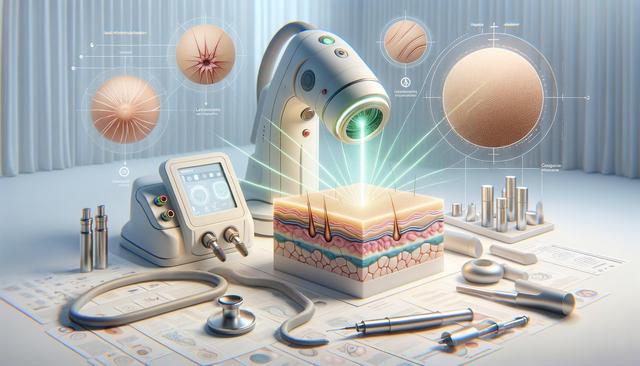The Role of Health Software in Modern Healthcare
In today’s rapidly advancing technological landscape, health software has emerged as a pivotal tool in enhancing the efficiency and effectiveness of healthcare services. This software encompasses a wide range of applications, from electronic health records to telemedicine platforms, each designed to streamline operations and improve patient outcomes. One of the primary advantages is that medical software improves health prevention by enabling healthcare providers to access and analyze patient data more effectively. This capability allows for early detection of potential health issues and facilitates timely interventions.
Moreover, health software supports personalized patient care by integrating data from various sources, such as wearable devices and patient history, to create comprehensive health profiles. These profiles assist healthcare professionals in tailoring treatment plans to individual needs, thereby improving the quality of care. Additionally, the integration of artificial intelligence in health software further enhances diagnostic accuracy and decision-making processes, contributing to better health outcomes.
The implementation of health software not only benefits patients but also healthcare providers by reducing administrative burdens and minimizing errors. By automating routine tasks like appointment scheduling and prescription management, healthcare professionals can focus more on patient care. As a result, software improves efficiency across healthcare systems, leading to more streamlined operations and improved patient satisfaction.
Software Efficiency: A Key to Healthcare Advancement
Efficiency is a cornerstone of any successful healthcare system, and software plays a critical role in achieving this goal. By optimizing processes and reducing redundancies, software improves efficiency in various aspects of healthcare delivery. For instance, electronic health records (EHRs) facilitate seamless information sharing among healthcare providers, ensuring that patient data is accurate and up-to-date. This not only enhances coordination of care but also reduces the likelihood of medical errors.
Furthermore, efficient software solutions enable healthcare organizations to manage resources more effectively. By analyzing data on patient flow and resource utilization, healthcare administrators can make informed decisions on staffing, equipment allocation, and facility management. This data-driven approach ensures that resources are utilized optimally, reducing waste and improving overall system efficiency.
Another significant benefit of software efficiency is its impact on patient engagement. User-friendly patient portals allow individuals to access their health information, schedule appointments, and communicate with healthcare providers easily. This increased accessibility empowers patients to take an active role in their healthcare, leading to better health outcomes and increased patient satisfaction. Ultimately, the integration of efficient software solutions is essential for advancing healthcare systems and meeting the growing demands of modern medicine.
The Future of Health Software and Efficiency
As technology continues to evolve, the future of health software and its impact on efficiency in healthcare looks promising. Emerging technologies such as machine learning, blockchain, and the Internet of Things (IoT) are set to revolutionize the way healthcare is delivered and managed. These innovations hold the potential to further enhance the capabilities of existing health software, making it even more effective in improving health outcomes.
Machine learning algorithms, for example, can analyze vast amounts of data to identify patterns and predict patient outcomes with unprecedented accuracy. This capability allows healthcare providers to implement preventive measures and tailor treatments more precisely. Similarly, blockchain technology can enhance data security and integrity, ensuring that patient information is protected while facilitating seamless data sharing among authorized parties.
The integration of IoT devices in healthcare settings is another exciting development. These devices can continuously monitor patients’ vital signs and transmit data in real-time to healthcare providers, enabling proactive interventions and reducing the need for hospital visits. As these technologies become more prevalent, the role of health software in improving efficiency and health prevention will only continue to grow.
In conclusion, the ongoing advancements in health software and its efficiency-enhancing capabilities are set to transform the healthcare landscape. By embracing these technologies, healthcare providers can deliver more effective, personalized, and efficient care, ultimately leading to better health outcomes for patients worldwide.




Leave a Reply